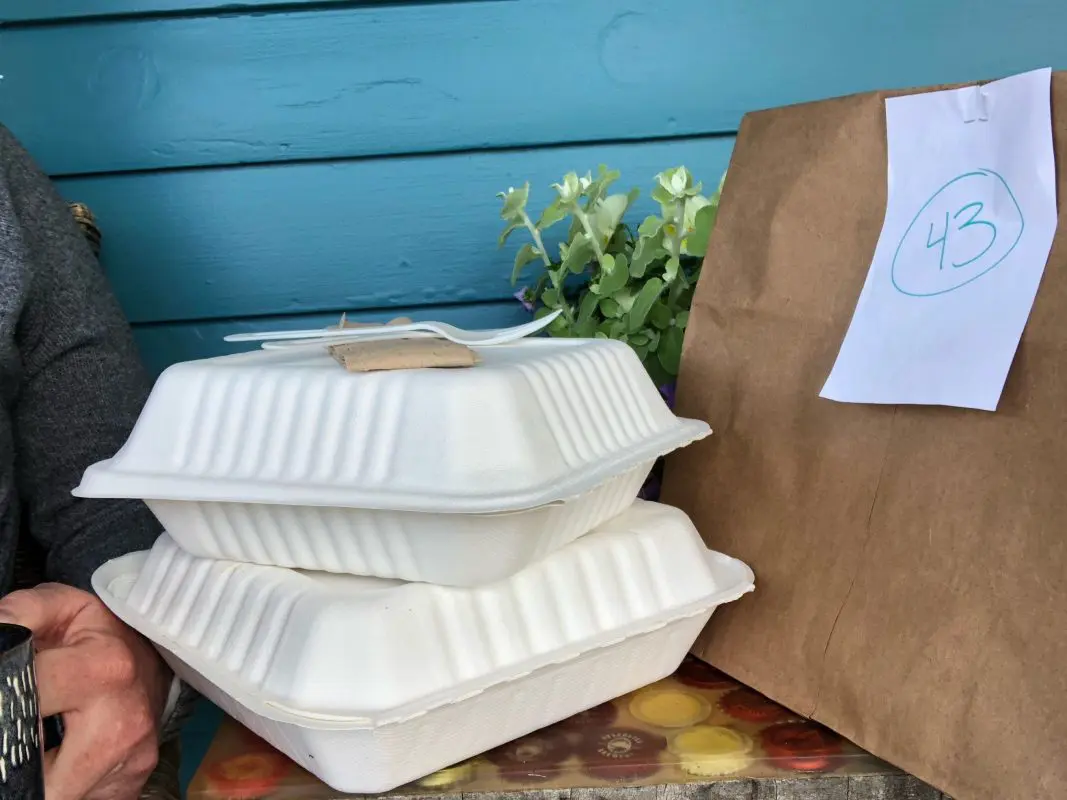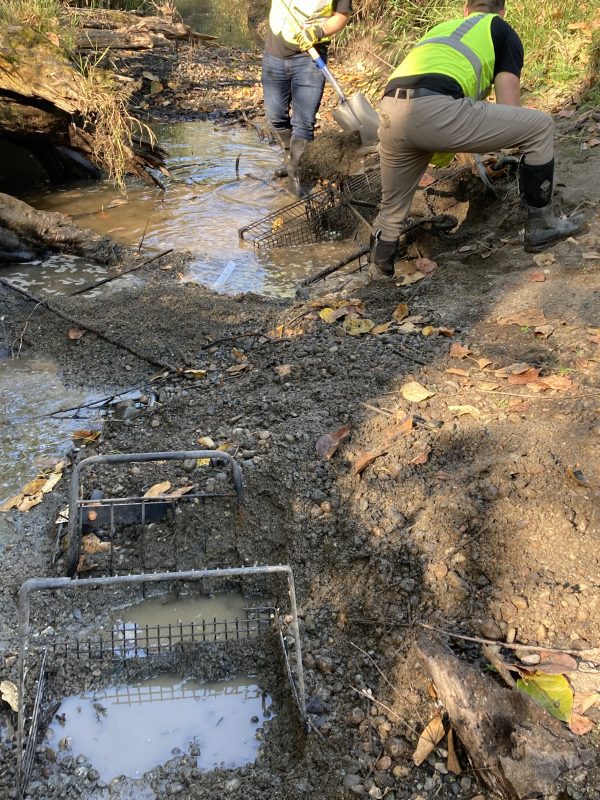Solid Waste Group
In May 2022, the City formed a Solid Waste Group in the Public Works Department to address the recognized need for more focused attention on solid waste management. This group is dedicated to upholding Bellingham’s natural beauty by addressing environmental safety and health concerns, water quality hazards, right-of-way obstructions, code compliance issues, litter clean-up, and more. We achieve this through waste prevention, waste disposal, and resource recovery. City staff promote solid waste management best practices through education and the development of community partnerships.
The Solid Waste Group responds to customer service requests ranging from simple litter issues to illegal dumping concerns. We have removed more than 1.5 million pounds of waste from Bellingham rights-of-way, parks, and other City properties.
Waste Prevention
We implement and coordinate programs to reduce the amount of solid waste generated in Bellingham, including:
Waste Disposal
The Solid Waste Group removes waste from property owned and managed by the City, such as City rights-of-way (ROW), Parks property, and City habitat restoration sites. Waste issues on public property can be reported using SeeClickFix. This work allows us to protect our greenways and waterways from contamination, benefitting human and environmental health.
Resource Recovery
In areas where City staff have removed waste, we make efforts to recover the area by using site stabilization techniques and temporary barriers to prevent further damage to vegetation. We coordinate with the City’s Habitat Restoration program and Parks Department when working on City-owned property.

Report an Issue
Private Property: The City does not manage waste on private property. Waste issues on private property are the property owner’s responsibility.
Resources
- Moving Out Resources
- Whatcom County WasteWise Tool
- Bellingham Residential Recycling and Waste Collection Services FAQ
Contact
For more information, please contact the Bellingham Public Works Department.





